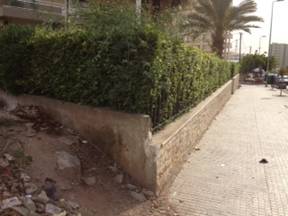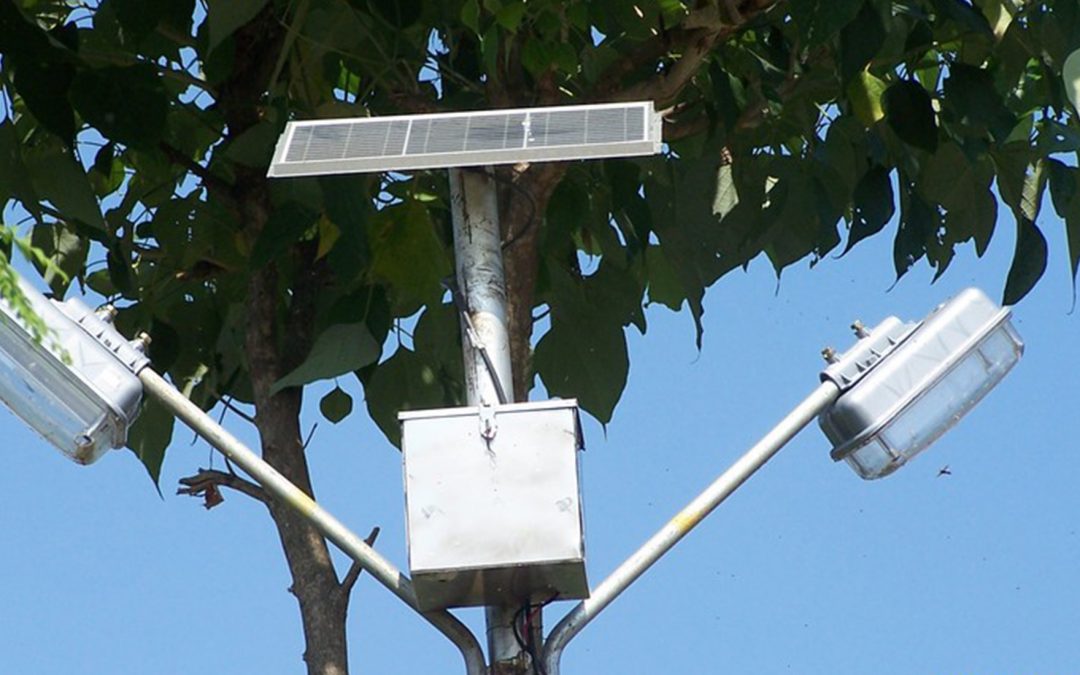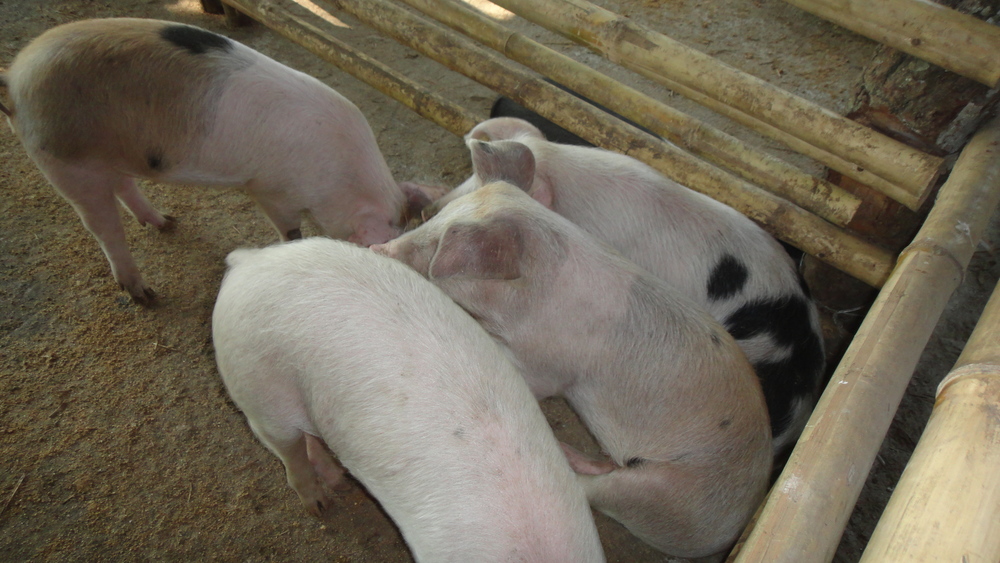As an iFellow in Beirut, Lebanon, I’ve had the opportunity to delve more deeply into sectors I’ve always wanted to learn more about. Particularly, environmental protection and livelihoods are two sectors that I have wanted to explore more and try something innovative and beneficial for communities.
When I was working for refugees from Bhutan in my last position, I had opportunities to pilot a number of my ideas to benefit refugees and their host communities, which were appreciated by the beneficiaries. Among all, I consider a solar street lights project, an integrated farming project, and the establishment of computer training centers as successful projects as they had significant impact on refugees’ wellbeing.
The solar street lights project, initially piloted in one of the refugee camps by installation of some 20 lamp posts which was extended to other 6 camps within 2 years, contributed significantly to improving the security of refugees at night.
Hundreds of youth from refugee camps and host community residence benefited annually from computer literacy classes in the computer training centers established with UNHCR support. The centers were powered sustainably with solar energy and well managed through active participation of refugees and host community.
The integrated farming project targeted to vulnerable families from refugees camp and adjoining host community, consisting of a piggery, vegetable farm and fish pond supplemented by a bio-gas plant not only succeeded in improving the participants’ livelihoods but also became an example of a successful livelihoods intervention replicated by others.
The Innovation Fellowship programme fetched me a great opportunity to enrich my knowledge and passion of thinking “something different” to come up with more human-centered ideas and to test/implement them. The skills acquired during the workshops and opportunities of the exposures as being iFellow have helped me also improving my day-to-day work efficiency.
Thanks to the financial resources and support provided by UNHCR Innovation in Geneva, I am working on a prototype of a “mobile latrine” with a bio-digester component to manage the human waste in an environmentally friendly way. By recognizing the sanitation situation on the way to the office, and also near the areas of refugees’ concentrations (while monitoring the distribution activities), the idea of creating a mobile latrine for those locations struck my mind. Managing the waste collected in the latrine was brainstormed to be the main challenge. With the experience of successful implementation of bio-gas system at my own house and also in the integrated project that I successfully implemented, I became optimistic to achieve success by integrating the bio-digester with the latrine.
With the concept in mind, I started searching online if similar projects had already been implemented elsewhere, which was not successful. In addition no positive results were achieved when I contacted a number of experts working in the bio-gas sector in Nepal. Most of the experts were skeptical on the sufficiency of bio-gas produced for household use using the limited quantity of human waste, however were positive to the concept of managing the waste in an environment friendly way. In consultation with refugees and colleagues in several occasions, issues related to cultural sensitivity (related to latrine type, stigma using bio-gas for cooking etc.) were also identified.

The Challenge: A street corner in Beirut – sometimes the only latrine option in the area around registration centers.
The opportunity to present the concept to UNHCR senior officials, including the DHC, AHC and Representative, and their positive appreciation boosted the morale, while positive inputs received from other iFellows during the innovation workshop in Amman helped me finalize the design. The project has moved closer to its realization through a generous funding received from the UNHCR Innovation at UNHCR HQ.
Currently, the Supply unit in Beirut has floated a tender to select a contractor to construct the “mobile latrine system”, and expect to complete the process in 3 weeks. After the manufacture of the first prototype will commence, it will take 4-6 weeks more to complete the construction before deploying the unit in one of the field locations for testing. The feedback of its usability will be collected immediately after the system’s deployment for at least 2-3 months to evaluate the project’s success.
At the moment, I am really excited with the opportunity while being equally stressed to meet deadlines and achieve success. In an emergency operation, with already an overwhelming workload, this additional endeavor is already a great challenge, but satisfying due its foreseen direct benefits to the refugees.
If you’d like to repost this article on your website, please see our reposting policy.


